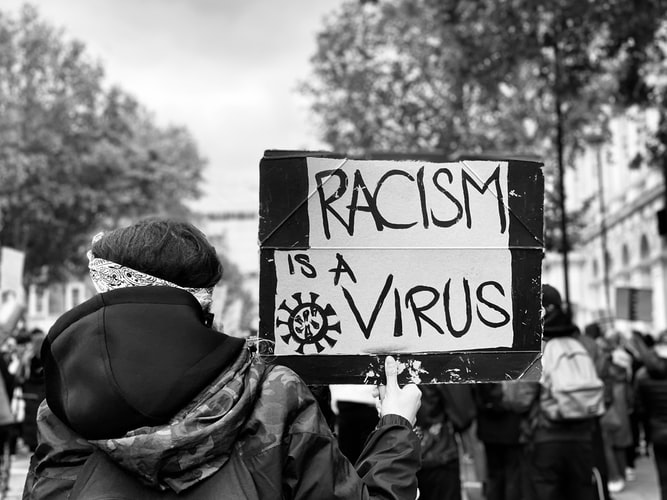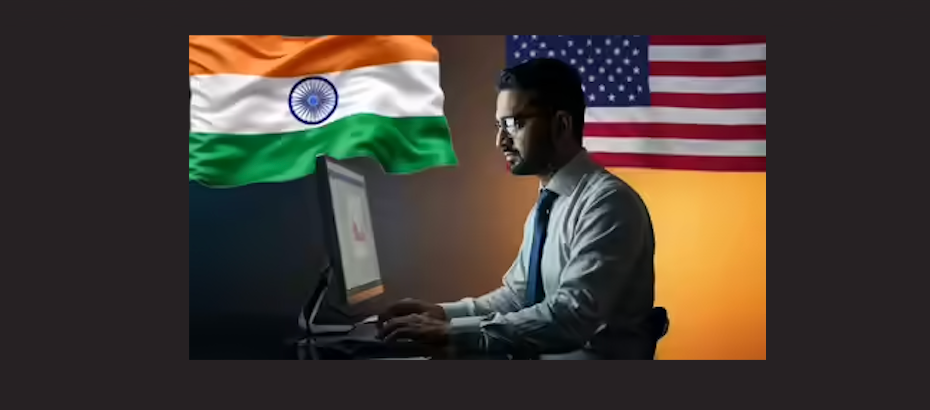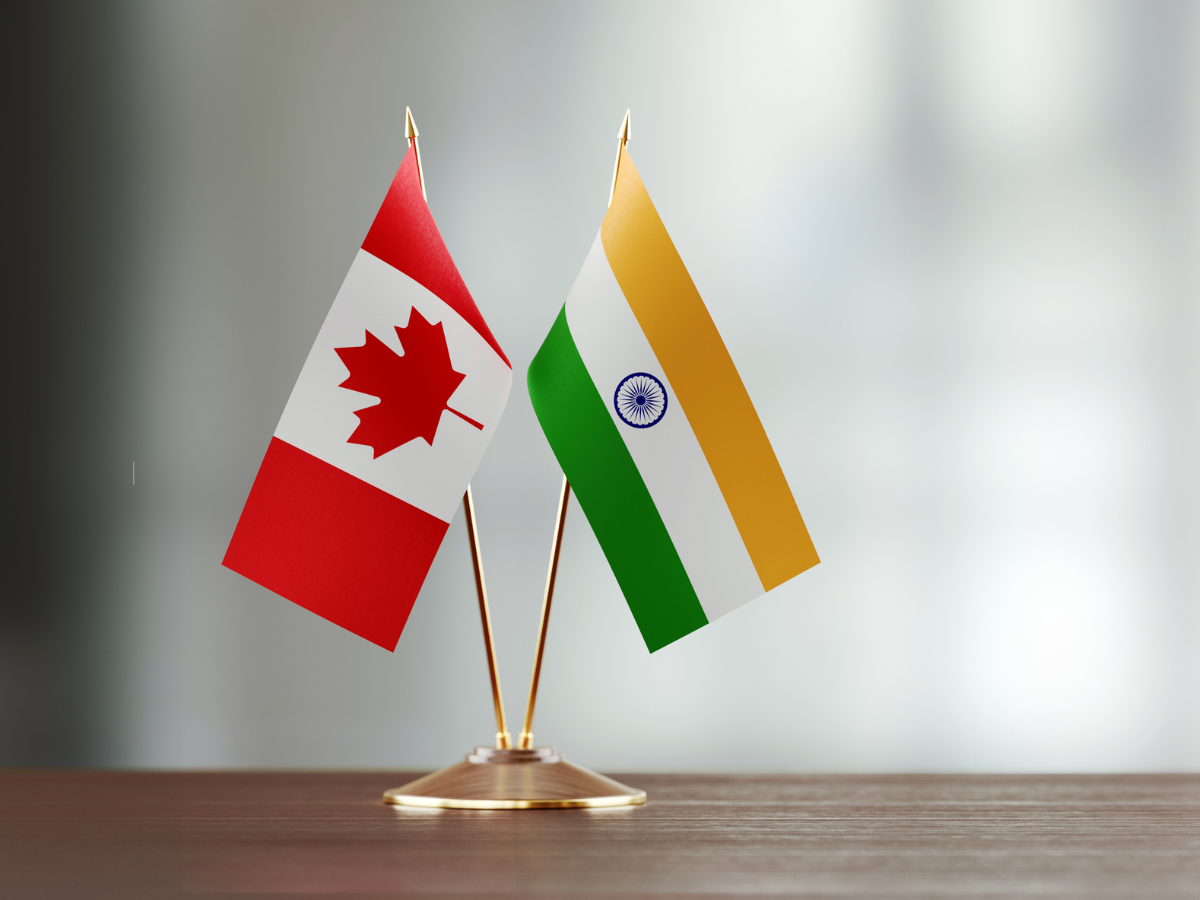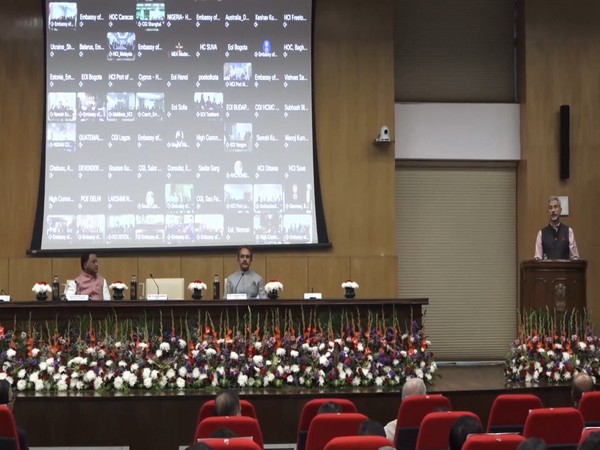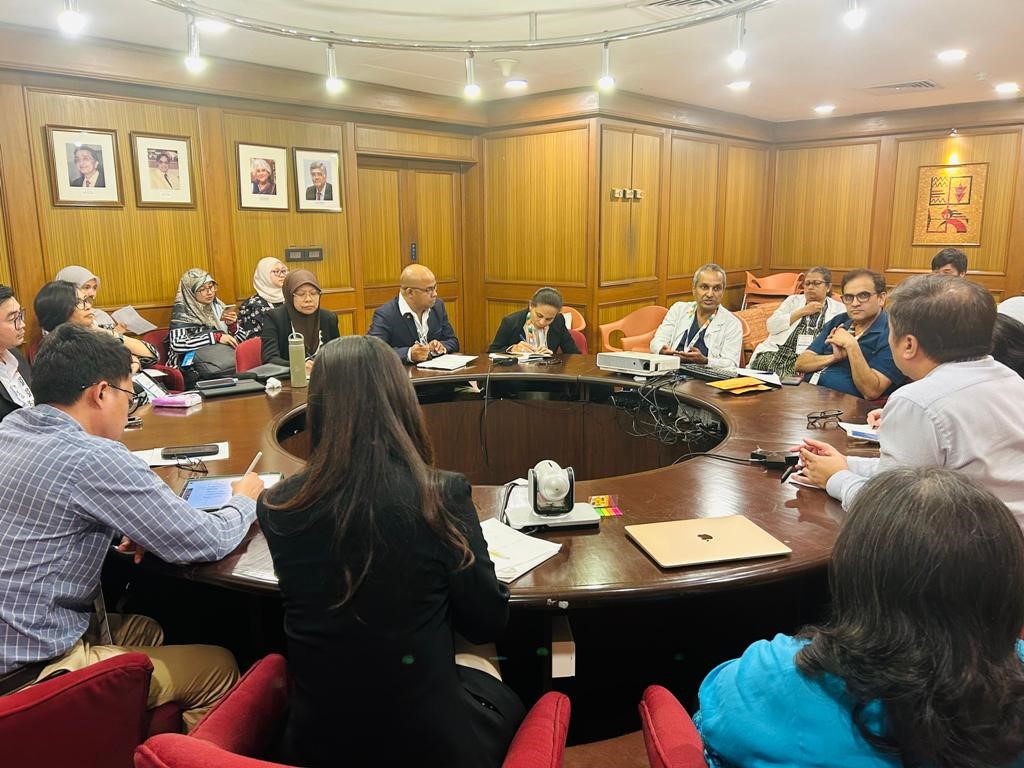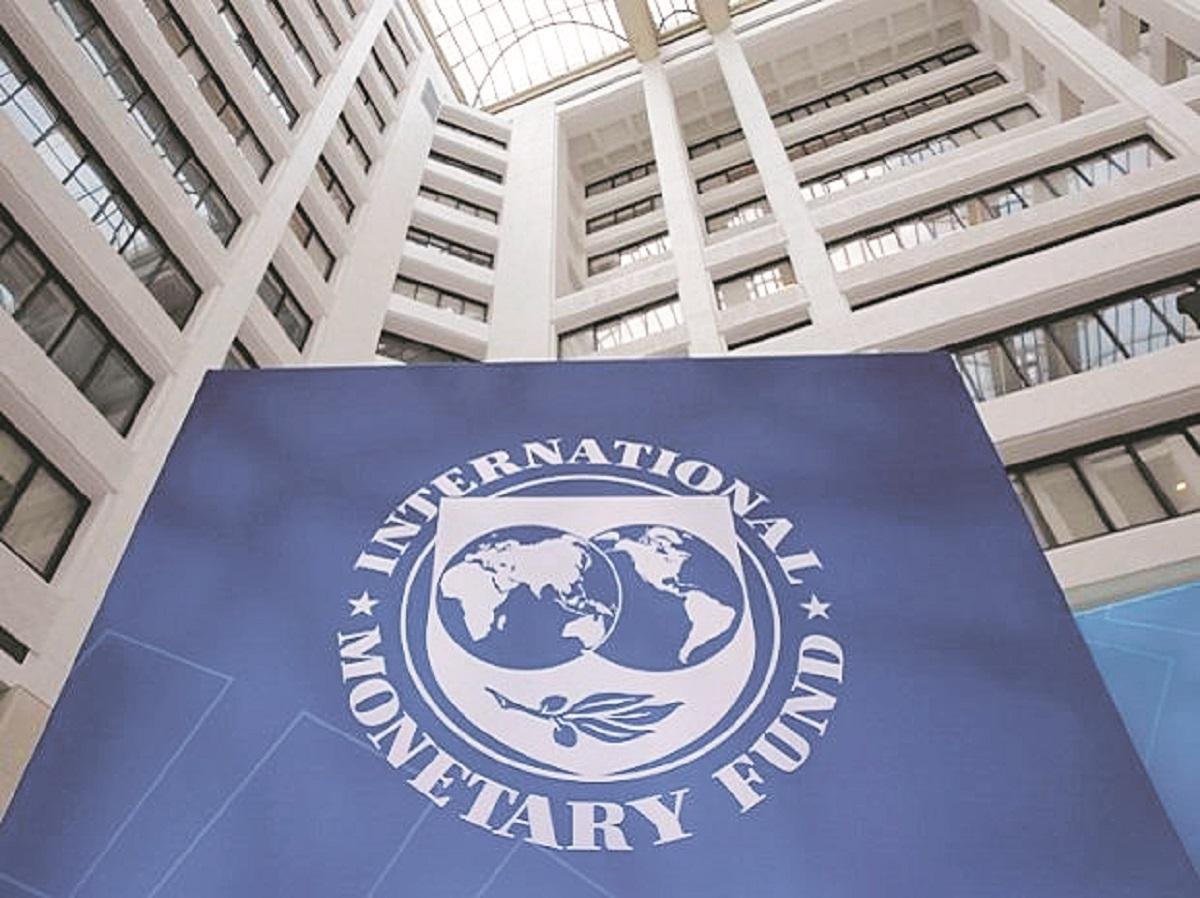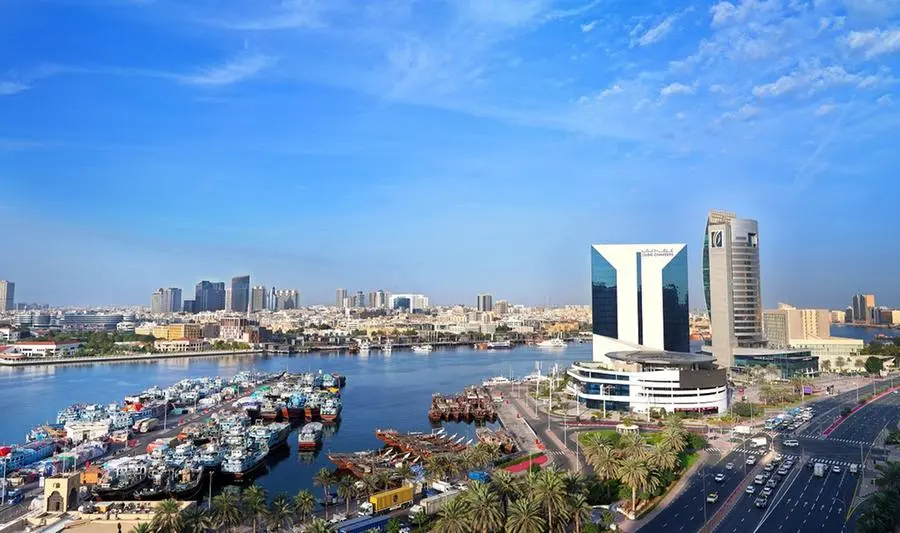The normalization of xenophobia in Canada stands in stark contrast to the country’s longstanding reputation as a multicultural haven. For the Indian diaspora, a sense of vulnerability has replaced the hope that once drew so many to this nation
The growing wave of xenophobia and anti-immigrant sentiment in Canada has heightened fears and insecurities for the Indian community. In Brampton, Pushkar Chawla has experienced discrimination firsthand, sharing his frustration with bus drivers who sometimes only stop when white passengers are present. Similarly, Gursimran Singh Talwar, another Brampton resident, faces what he describes as “subtle racism,” where he is unfairly labeled as “too serious” or “quiet,” impacting his social and professional relationships.
This recent rise in discriminatory incidents aligns with increased diplomatic tensions between India and Canada. Anti-immigrant rhetoric, especially against Indians, has become alarmingly widespread on social media platforms like TikTok, where viral posts often mock or disparage South Asians. The hostile environment has shifted public perception, even in a country once known for its welcoming attitude toward immigrants.
An especially troubling incident occurred recently at Brampton’s Hindu Sabha temple, where a pro-Khalistani group attacked Hindu worshippers. This violent episode sent shockwaves through the Indian community, both Hindu and Sikh, who protested in solidarity. Many community members see these incidents as a reflection of divisive political tactics, as the Canadian government has often been perceived as lenient toward certain fringe groups for political gain.
Addressing the growing discrimination will require collaborative efforts between Canadian authorities, Indian community leaders, and the broader public to preserve Canada’s values of inclusivity and acceptance
Canada’s 2021 census indicates that Sikhs make up 2.1% of the population, yet they, along with other South Asians, frequently face racist attacks. Hate crimes targeting South Asians rose by 143% from 2019 to 2022, according to the Canadian Race Relations Foundation. The organization also reported that one-quarter of South Asian Canadians faced discrimination or harassment last year alone. Common stereotypes about Indians being “too successful” or “too different” contribute to this rise in prejudice. The COVID-19 pandemic further amplified xenophobic attitudes, with many associating the virus with Asians.
Economic pressures in Canada have also fueled resentment toward immigrants. As the country grapples with a housing crisis, rising living costs, and a strained healthcare system, a portion of the Canadian population blames immigrants, particularly those of Indian descent, for these issues. Environics’ September 2024 survey revealed that 58% of Canadians— the highest percentage since 1998—feel there is too much immigration. This sentiment has prompted Canada to cut immigration quotas, reducing the number of new permanent residents by nearly 20% starting next year.
Additionally, international students from India are increasingly blamed for Canada’s housing challenges and high rental rates. On November 8, Canada terminated the Student Direct Stream (SDS) visa program for international students, a move that disproportionately affects Indian students. The program, launched in 2018 to expedite student visa applications from 14 countries, was canceled following backlash from native Canadians who link the influx of international students to housing shortages and other economic pressures.
The assassination of a prominent Khalistani separatist last year further strained Canada-India relations, adding to an already tense environment. Political issues surrounding the Khalistani movement and rising nationalism within Canada have intensified distrust toward immigrant communities, particularly those of Indian origin. Community members such as Eshan Sodhi from Mississauga observe that Indians, once viewed as a “model minority,” now face resentment as many have excelled in fields like technology and healthcare.
***********************************************************************
Readers

